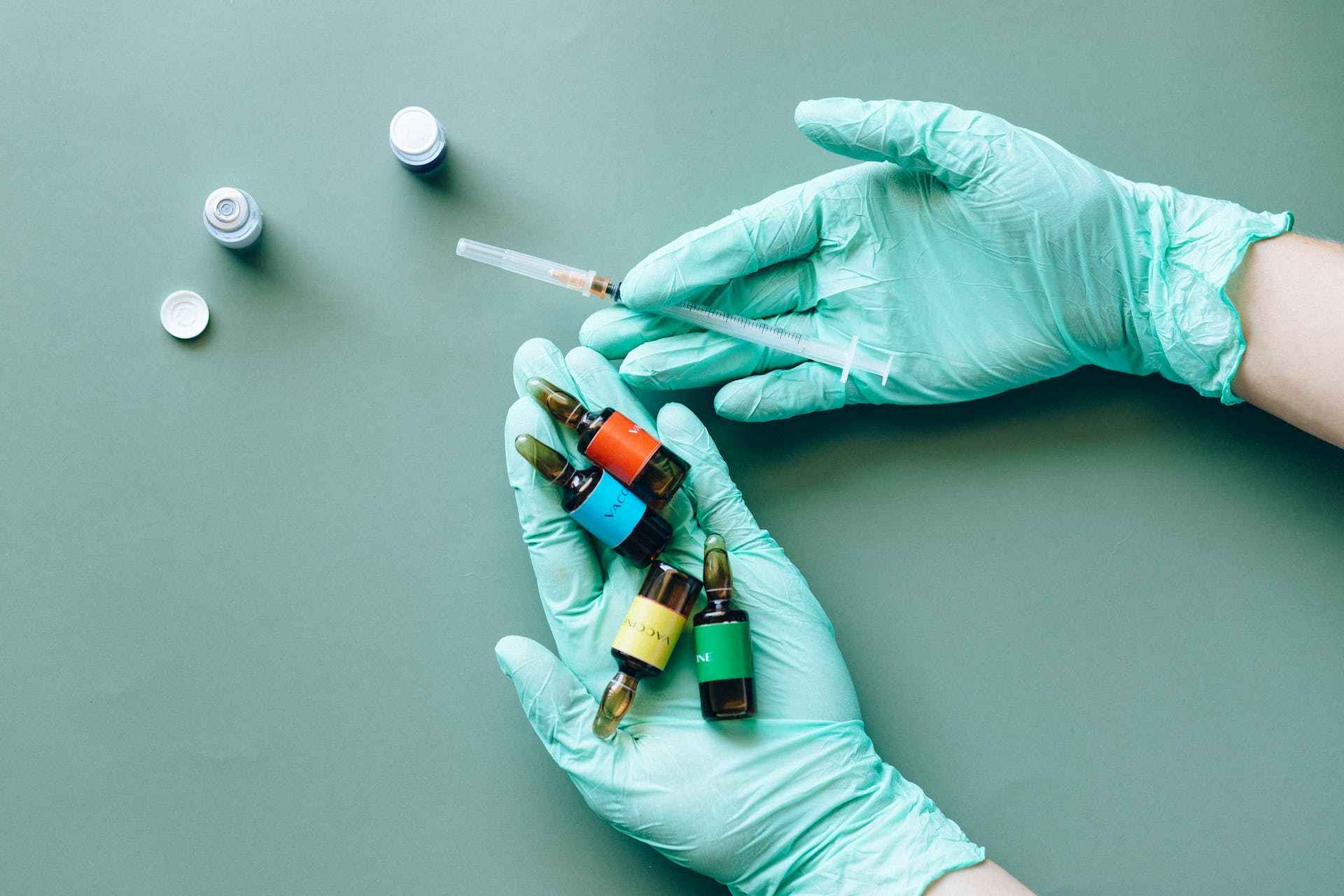Pharma's Prerequisites in Temperature-Controlled Trailers

In the complex world of pharmaceuticals, the integrity of products during transportation is paramount for their functionality and effectiveness. And after the pandemic of 2020, recent demand for temperature-sensitive drugs and vaccines has placed a spotlight on the pivotal role of temperature-controlled trailers in the pharmaceutical industry. As experts in cold room rental solutions, we understand the nuances and critical importance of maintaining precise temperature conditions throughout the supply chain.
In the following blog, we’re going to answer some common questions about pharmaceuticals, and the role of transportable cold rooms in ensuring their safe transportation, efficiency and safety. Let’s dive in.
Why Temperature Control is Important in Pharmaceuticals
The core principle of transporting pharmaceuticals is maintaining an unwavering temperature consistency. Many pharmaceutical products, particularly biologics and vaccines, are incredibly sensitive to temperature variations; even minor fluctuations can compromise their efficacy, potentially leading to a catastrophic loss of valuable medicines. Temperature-controlled trailers are engineered to provide a stable environment, typically within the range of 2°C to 8°C, though some products may require more stringent conditions, such as deep-frozen environments.
Safety Concerns
It's important to note that it’s not just about maintaining a cool environment; it's about precision and consistency. Freezer trailer hire services offer sophisticated refrigeration systems and insulation materials that work in tandem to ensure that the internal temperature remains constant, irrespective of external weather conditions. The UK's diverse climate poses a unique challenge, with temperatures fluctuating widely between seasons and regions. Temperature-controlled trailers address this challenge by providing a micro-climate that ensures the integrity of pharmaceutical products during transit.
The Need for Advanced Monitoring Systems in Pharma
When it comes to pharmaceutical transportation, visibility is key, and advanced monitoring systems integrated into temperature-controlled trailers play a crucial role in this aspect. These systems provide real-time data on the internal conditions of the trailer, including temperature, humidity, and sometimes even the stability of the products themselves.
This real-time monitoring is vital for several reasons: firstly, it allows for immediate intervention should any deviation from the required conditions occur. Secondly, it provides an invaluable data trail, essential for compliance with stringent regulatory requirements. Pharmaceutical companies are bound by strict guidelines, such as the Good Distribution Practice (GDP) regulations, which mandate comprehensive logging of storage and transportation conditions.
Furthermore, the use of Internet of Things (IoT) technology in these monitoring systems adds an extra layer of security and efficiency. It enables remote monitoring, where logistics teams can keep an eye on the conditions from anywhere, ensuring continuous oversight throughout the product's journey. This technological integration is not just a fancy add-on; it's a necessity in today's pharmaceutical supply chain, where every step is critical, and transparency is non-negotiable.
The Need for Customisable Solutions
The pharmaceutical industry is not a monolith; it encompasses a vast range of products, each with its unique storage requirements. Temperature-controlled trailers offer customisable solutions to cater to this diversity. Whether it's a high-value cancer medication that requires ultra-low temperatures or a batch of flu vaccines needing standard refrigeration, these trailers can be adapted to meet specific needs.
Customisation extends beyond temperature settings. It includes adjustable shelving to maximise space efficiency, specialised containment systems for hazardous materials, and enhanced security features for high-value loads. This flexibility is crucial in an industry where every product has its protocol and every shipment its significance.

Environmental Impact and Sustainability Concerns
The environmental impact of temperature-controlled transportation is a growing concern, particularly in the context of climate change and sustainability goals. Pharmaceutical companies and logistics providers are increasingly focusing on reducing their carbon footprint. Modern temperature-controlled trailers are designed with this in mind, incorporating features such as energy-efficient refrigeration systems, improved aerodynamics, and lightweight materials to reduce fuel consumption.
Moreover, there is a gradual shift towards the use of alternative fuels and electric-powered trailers, marking a significant step towards sustainable logistics solutions. These advancements not only contribute to environmental sustainability but also align with the corporate responsibility goals of many pharmaceutical companies.
The Necessity of Training and Expertise
The operation of temperature-controlled trailers requires specific training and expertise: drivers and logistics personnel must be well-versed in the nuances of pharmaceutical transport, including the handling of sensitive products, adherence to temperature protocols, and emergency procedures in case of equipment failure.
Ongoing training is essential to keep up with evolving regulations and technological advancements, and companies specialising in cold room rental and temperature-controlled logistics - like us at Ice Cool Trailers - will always invest heavily in training staff to ensure compliance with GDP regulations, and to uphold the highest standards of safety and efficiency in pharmaceutical transport.
FAQs
How do temperature-controlled trailers ensure the stability of pharmaceutical products during transport?
These trailers are equipped with advanced refrigeration systems and high-quality insulation to maintain consistent temperatures. Additionally, they feature real-time monitoring systems that track internal conditions, allowing for immediate intervention if any deviation occurs.
Are temperature-controlled trailers compliant with regulatory standards?
Yes, these trailers are designed to comply with stringent regulatory standards, including Good Distribution Practice (GDP) regulations. They ensure comprehensive logging of storage and transportation conditions, crucial for compliance and quality assurance.
Can trailers be customized for specific pharmaceutical needs?
Absolutely. Temperature-controlled trailers offer customizable solutions, including adjustable temperature settings, shelving configurations, and security features, to cater to the specific needs of various pharmaceutical products.
Archive
Got questions? Call 01635 250 950 or send us a message